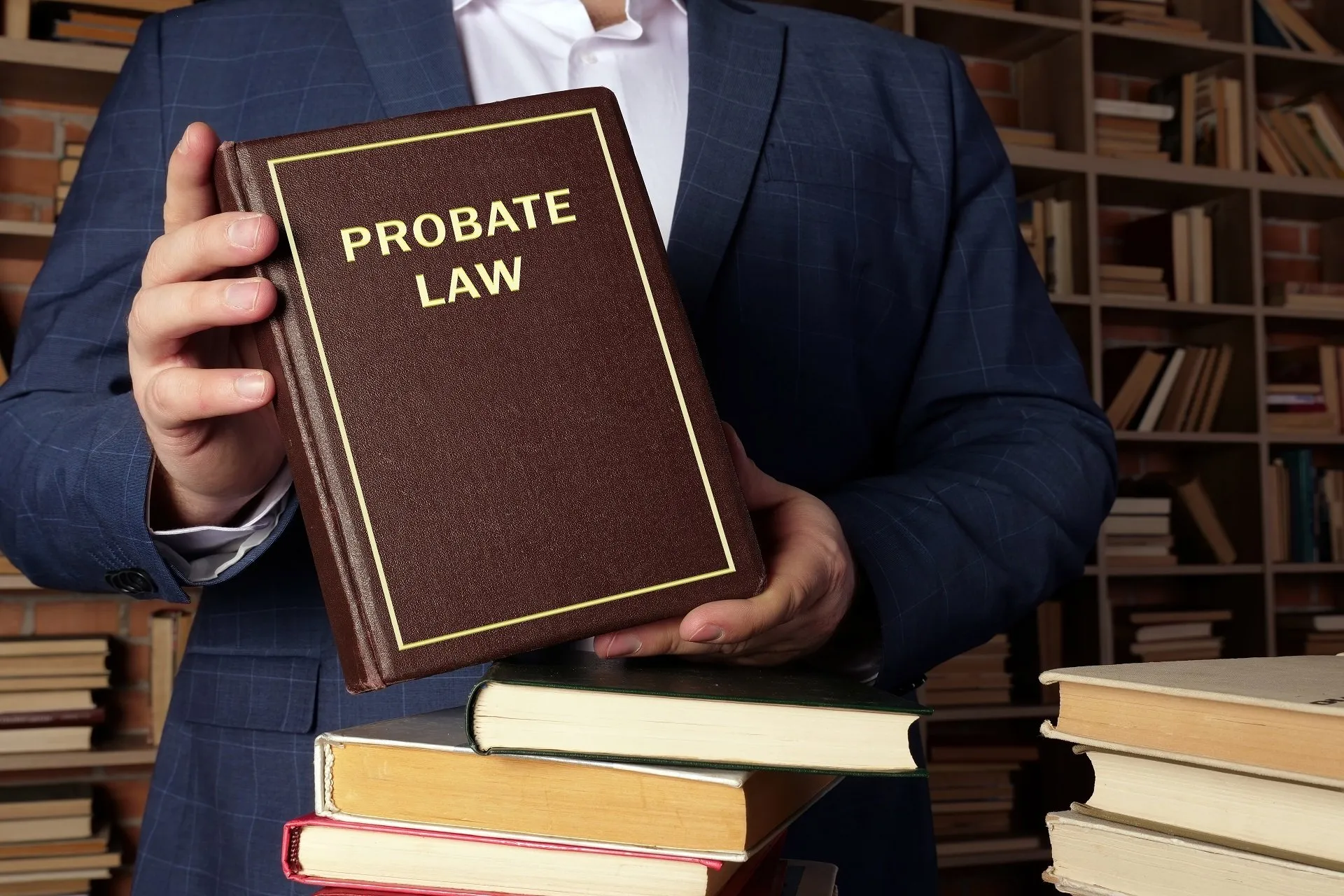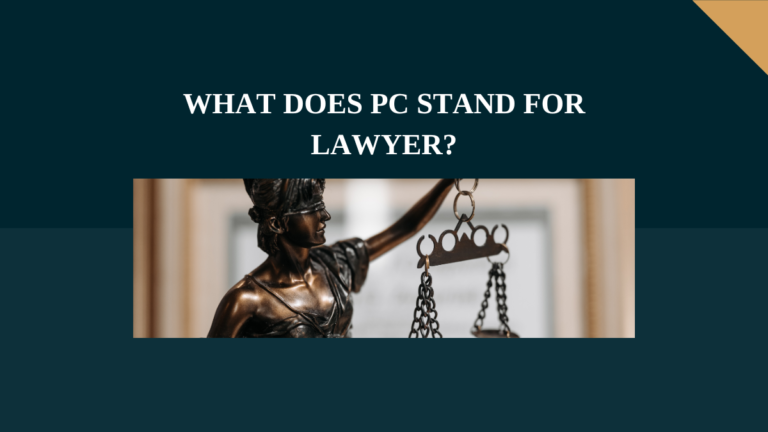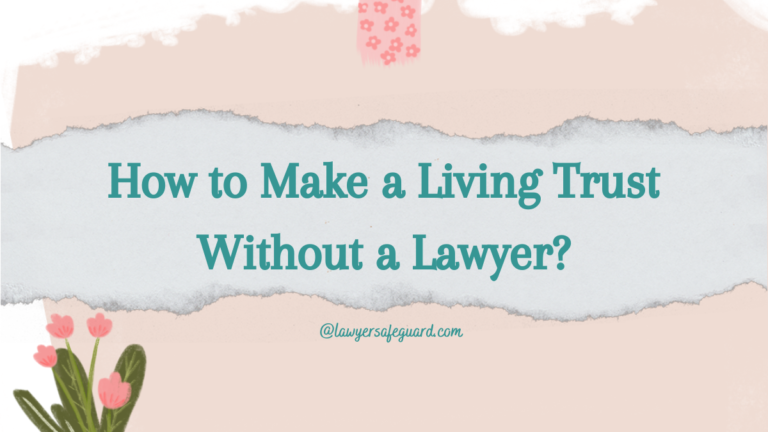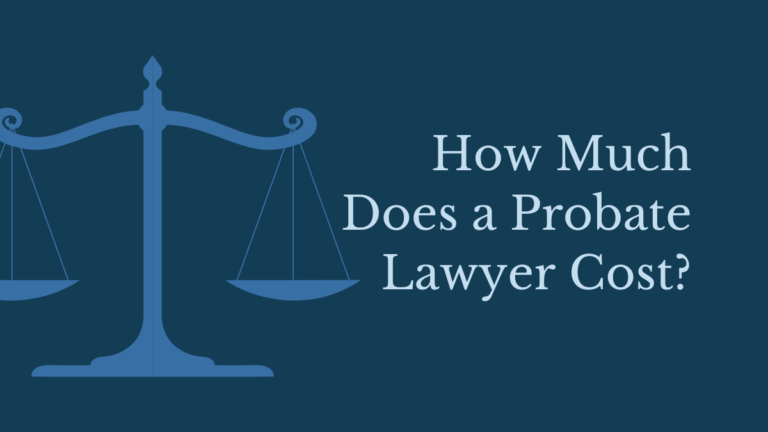What is a Probate Lawyer?
Are you wondering what a Probate Lawyer actually does? Well, if you’ve ever found yourself tangled in the complex world of estate planning or dealing with the aftermath of a loved one’s passing, then understanding the role of a probate lawyer is crucial.
In this blog post, we’ll demystify the realm of probate law and shed light on how these legal professionals can navigate you through challenging times. From unraveling the intricacies of wills to guiding you through the distribution process, get ready to delve into the fascinating world of probate lawyers and discover why having one by your side can make all the difference.
What is Probate?
Probate law is the legal system that governs the distribution of an estate after a person’s death. The probate process involves investigating the deceased person’s estate and allocating assets to the beneficiaries according to their rights under state law. A probate lawyer can help you with all aspects of the probate process, from drafting wills and trusts to dealing with creditors and tax authorities.
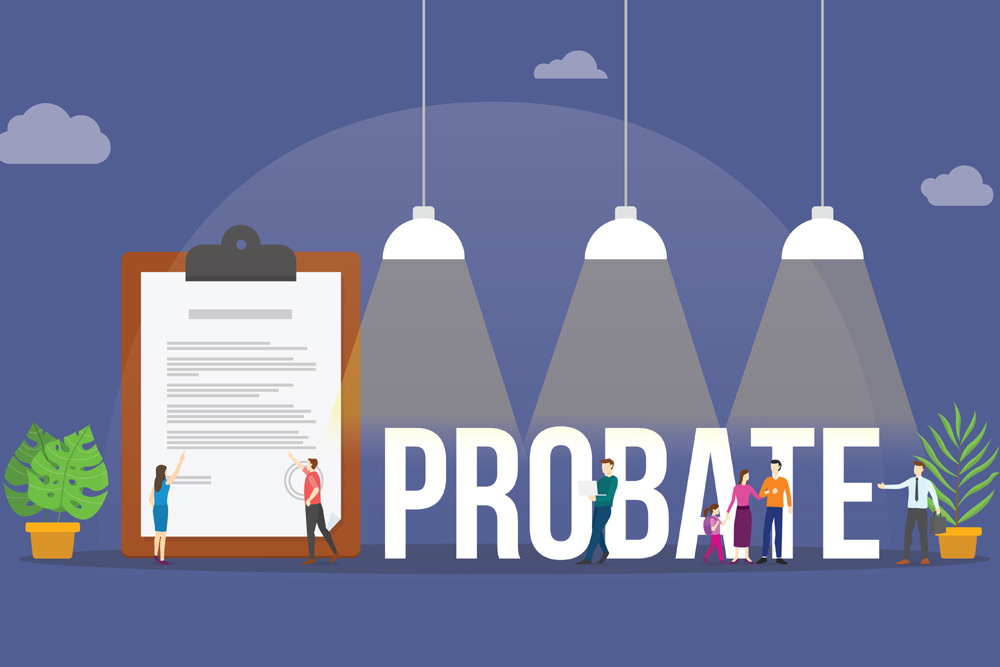
What is a Probate Lawyer?
A probate lawyer is someone who helps manage the estates of deceased individuals. This can include everything from sorting through paperwork and making funeral arrangements to representing the estate in court. If you are the executor or trustee of an estate, hiring a probate lawyer is essential.
The Role of a Probate Lawyer
A probate lawyer plays a crucial role in guiding individuals and families through the complex legal process of probate. Probate is the legal procedure for settling the estate of a deceased person, ensuring the proper distribution of assets and resolving outstanding debts and taxes.
The role of a probate lawyer involves several key responsibilities, including:
- Advising and Educating: A probate lawyer advises the executor or administrator of the estate on their duties and responsibilities, providing guidance on navigating the probate process.
- Document Preparation: The lawyer prepares and files the necessary legal documents required for probate, including petitions, inventories, and accountings.
- Asset Valuation and Distribution: The lawyer assists in identifying and valuing the deceased’s assets, ensuring they are distributed according to the decedent’s will or state intestacy laws if there is no will.
- Debt Settlement: The lawyer helps in settling outstanding debts and taxes owed by the deceased’s estate.
- Probate Litigation: In cases of disputes or challenges to the will or estate, a probate lawyer may represent their client in probate court.
- Estate Planning: Probate lawyers may also assist clients in creating comprehensive estate plans to avoid or minimize probate complications and ensure their wishes are carried out after their passing.
The role of a probate lawyer is essential in providing legal expertise, ensuring the proper administration of an estate, and alleviating the burden on the grieving family during a challenging time.
Types of Probate Cases
Probate law is the law that governs the process of transferring property, possessions, and assets from one individual to another after death. There are two types of probate cases: general and particular. General probate is the most common type of probate case, and it occurs when an individual dies without a will. In a particular probate case, an individual’s will is the primary source of information about their wishes for their property and possessions after death.
There are several different steps that must be taken in order for a probate case to proceed. First, a court must determine if there is a valid will. If there is no will, then the court will appoint someone to act as guardian of the estate (also known as personal representative).
The guardian will collect all of the assets from the deceased person’s estate and distribute them according to the terms of the will. If there is a will, then the court will review it to make sure that it conforms with state law. After reviewing the will, the court may also appoint someone to act as executor or administrator to carry out its provisions.
If there is no valid will or if the terms of the will do not comply with state law, then the court may appoint one or more trustees to manage the estate on behalf of those who have been appointed as guardians or executors or administrators under state law.
What to Expect When Hiring a Probate Lawyer?
When hiring a probate lawyer, you can expect a professional who specializes in guiding you through the complex legal process of administering a deceased person’s estate. The probate lawyer’s role is to help you navigate the probate court proceedings and ensure that the deceased’s assets are distributed according to their will or state laws if there is no will (intestacy).
First, the lawyer will conduct an initial consultation to understand your situation, the deceased’s estate, and your specific needs and goals. They will explain the probate process, potential challenges, and legal requirements.
Next, the probate lawyer will assist with filing necessary court documents, notifying beneficiaries and creditors, and gathering and valuing assets. They will work to resolve any disputes or claims that may arise during the probate process.
Throughout the probate proceedings, the lawyer will provide legal advice, represent your interests in court, and handle communications with other parties involved.
Overall, hiring a probate lawyer can provide invaluable expertise, guidance, and support during a challenging and emotional time, ensuring that the probate process is carried out smoothly and in compliance with applicable laws.
Conclusion
A probate lawyer is an attorney who specializes in the legal field of Probate. This type of lawyer helps to administer the estate of a deceased person, including allocating assets, distributing property, and litigating any necessary legal disputes that may arise during the process.
A probate lawyer can be invaluable in protecting the interests of the deceased person’s loved ones and ensuring that their wishes are fulfilled. If you or someone you know is facing a death in the family, it is important to speak with a probate lawyer as soon as possible for advice and support.
